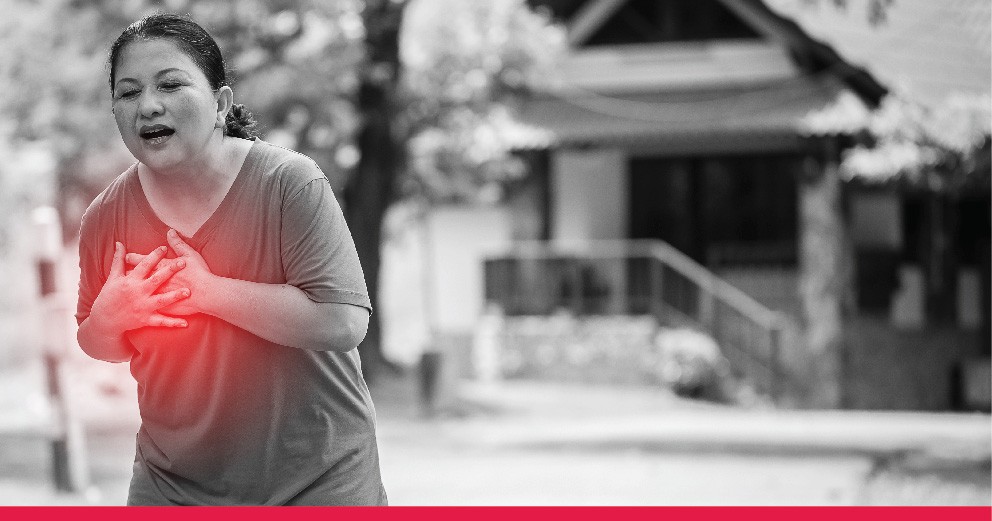The Non-Invasive Cardiology Department at Krishna Institute of Medical Sciences (KIMS hospital) provides a full variety of diagnostic cardiology procedures with interpretations from our staff of board-certified cardiologists. Our team of certified nurse practitioners oversees a competent staff of registered nurses and registered cardiac sonographers who perform the testing.The Best Non Invasive Cardiology Hospital in hyderabad varies from place to place. So before getting the treatment you must be aware of the Top Non Invasive Heart Care Hospital in Hyderabad and Best Non Invasive Cardiology Hospital in hyderabad or you may visit KIMS hospital as KIMS hospital is the Best Cardiology Hospital in Hyderabad and Heart Care Hospital in Hyderabad. At our hospital, non-invasive cardiovascular imaging is a major area of emphasis for training and research, and there is a strong commitment to its continued progress. Our non-invasive cardiologists are actively engaged in clinical research and the education of paediatric and adult cardiology fellows, echocardiography sonographers, and cardiologists.
Procedures & Treatments
In Hyderabad the Best Cardiology Hospital in Hyderabad depends on a number of variables. To find out who the Best cardiologist in Hyderabad is, you must speak with the doctor.. But before knowing about the Best Cardiology Hospital in Hyderabad you must contact the doctors of KIMS hospital about the problem as KIMS hospital is the Top Non Invasive Heart Care Hospital in Hyderabad. Cardiologists and Cardiac Surgeons in the Non-Invasive Cardiology Department offer patients the most cutting-edge medical care available through comprehensive, high-quality care. Some of our intricate procedures and treatments include:
1. Electrocardiogram:
Evaluates the electrical activity produced by the heart both at rest and during activity using an electrocardiographic (EKG) machine Adult, paediatric, and newborn echocardiography: uses high-frequency sound waves, or ultrasound, to produce detailed pictures of the heart's architecture, pumping motion, and blood flow direction. There are also options for stress echocardiography and transesophageal echocardiography (TEE).
2. Tests for nuclear stress:
An imaging technique that uses radiation detection to create images after injecting a radioactive tracer material into various bodily areas.
3. Echocardiogram using Doppler:
During this examination, the heart chambers, heart valves, and blood arteries are examined for blood flow.
4. Echocardiogram under Stress
Before and after your heart is stressed during this test—either by exercise or an injection of a drug that speeds up your heartbeat—an echocardiography is performed. In order to determine whether your heart's blood flow may have diminished, a stress echocardiography is typically performed (coronary artery disease or CAD).
5. Duplex Carotid:
Test used to assess the neck-based carotid arteries that supply the brain with blood.
What is Cardiology ?
Cardiology is study regarding the event of the body 's center and bloodstream in the torso. For patients with a cardiovascular disease, cardiologist may be recommended. Cardiology is just a subspecialty of internal medicine. A Cardiologist is not the same thing as the cardiac surgeon. A good man in cardiac surgery making an incision in the upper body. Cardiologist is an expert in the diagnosis and treatment of cardiovascular disease. Along with pacemaker insertion, angioplasty, or center catheterization, the cardiologist may perform other tests.
FAQs
1. Do invasive cardiologists do surgical procedures?
Contrarily, an invasive cardiologist will recommend surgery and other procedures in addition to medications and lifestyle changes, which, as was already said, may help the patient's condition.
2. What non-invasive method of measuring heart function is the most trustworthy?
The HeartFlow Analysis is the first and only non-invasive test that gives your doctor access to information that would normally only be possible through a risky, intrusive treatment about how narrowings and blockages affect the blood flow to your heart.












